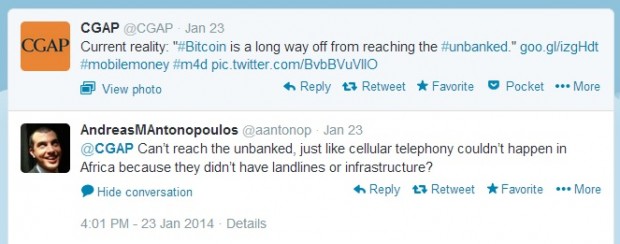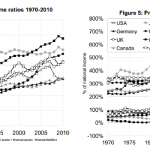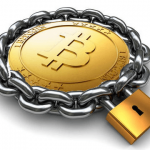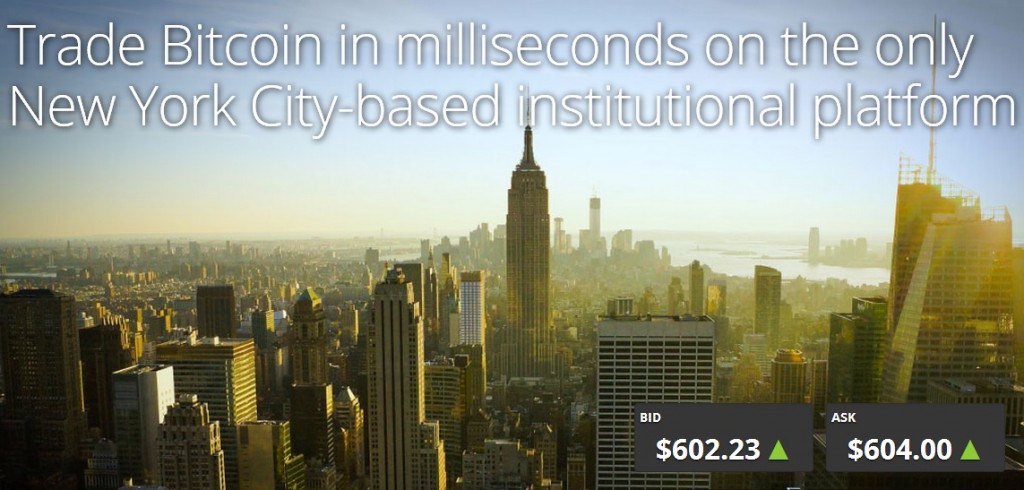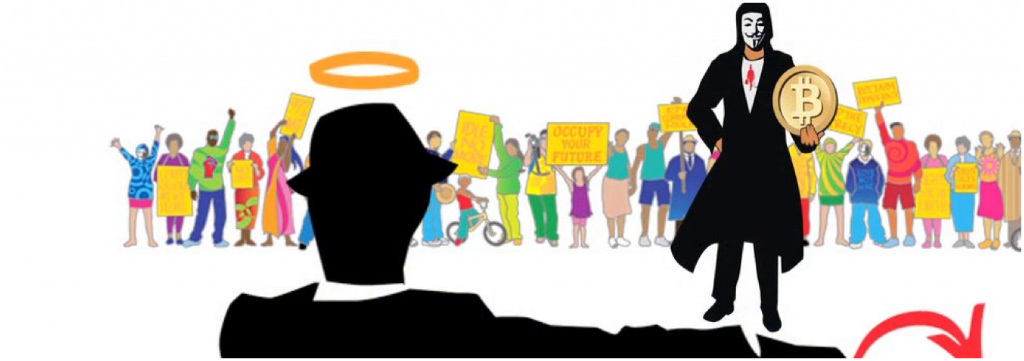“[Bitcoin] produces a market that’s international, that everyone has access to, regardless of race, religion, creed…” – Amir Taaki
There is a lot of talk recently of the power Bitcoin has in changing the remittance market. A remittance is a transfer of wealth from one person to another, mostly amongst the world’s poor. Zach Ramsay of Canadian-based CoinCulture calls remittances “peer2peer for the poor2poor.” It’s an astute observation.
It should be stated that this wealth transfer – remittance market – is cited as vital, critical, and an economic lifeline for those receiving the money. The demand does not just exist, it is desperately needed. Currently, remittances account for the second largest amount of wealth transfer from the ‘West’ to the underdeveloped world, second to International Aid.
I don’t want to go into the background and frustration with the current remittance system. It will surely take up pages and pages and come out in the form of an anti-banking and anti-Western-imposed “development” rant. The fact of the matter is: fees that are applied to money that cannot be made in x country, that then needs to be made in be made in y country and sent back to x country for x population to survive should be lower. And now, with bitcoin, they are. Moving forward is all that matters now.
It is said that remittance fees are as high as they are because of compliance and regulation requirements. Perhaps we can also attribute some costs to the high risk involved in operating in sub-Saharan countries. However, the sheer fact of the matter is the current monopoly and lack of competition in the market for cross-border payments is also a reason for the high fees
The highest costs occur when transferring money to and between sub-Saharan African countries. Let’s take the East African nation of Uganda as an example. Fees on money transfers into Uganda range from 10% to as high as 40%.
How does Bitcoin fit in here? Well, for those who are not up-to-speed on the technology, Bitcoin enables instant transfer of monetary value over the internet in any amount, to anyone, anywhere in the world, at any time. This peer-to-peer transfer of wealth saves time and money; MoneyGram and Western Union take on average 2 days to get money to the receiver and require a high percentage of that money as payment for this service.
Ronald, a student in Kampala, Uganda, is a great example of the opportunity bitcoin presents in changing the expensive and truly outdated remittance market. Ronald receives money from his U.S.-based family to live on while he studies. One day, his U.-S.-based family decides to experiment with bitcoin. His family types out instructions to Ronald via a Facebook message and Ronald follows them, downloading the required software to accept the bitcoin transfer, and the money arrives in his bitcoin account (a “wallet.”)
Now, Ronald must find a buyer for his bitcoin. He goes into Kampala’s city centre and meets with a buyer, who gives him Ugandan Shillings in return for the bitcoin. The process is quicker than Western Union and MoneyGram, and costs significantly less (the mining fee paid by his family back home.) It works! Watch the video here.
Bankers and Western Union/MoneyGram dislike this reality. Bitcoin is competition. It pushes them out of their cozy position, causing them to rethink their entire existence as a business. But it is a reality. Bitcoin is working. Perhaps the demand isn’t fully there yet across all countries. But it will be. And it will replace these archaic money transfer businesses and processes.
The reality is that, despite us constantly using the continent in reference to the underdeveloped world, Africa is very advanced when it comes to transferring money online. Fellow Bitcoin Magazine contributor, Brian Cohen, says, “more people have access to mobile phones than working toilets.” Parts of the continent simply skipped past the rest of the world and went straight to using their phonesfor low-cost banking. Over 1/3 of Kenyans can now buy and sell virtual currencies by using a bitcoin wallet called Kipochi
within their robust money transfer system, M-Pesa. To date,approximately 14.5 million Kenyans and 5 million Tanzanians have signed up for the service. #SorrynotsorryCGAP
Bitcoin can act as more than just a payment transfer system. It can also hold value. Uganda “loves to take money from the poor.” The country’s current inflation rate is 6-7%; if Ronald’s money isn’t used or put to work in a vehicle that earns as much as that, his money is disappearing. Furthermore, if Ronald allows his money to sit in a basic bank account, it will be “gone in 5 months” due to the high fees associated with banking. Bitcoin can be used as a store of value. However, it must be noted that it could also potentially lose money for Ronald… but it’s not guaranteed to lose money and there are no fees associated with holding it.
Furthermore, bitcoin also acts as a way for families to send small amounts of money to each other. Never before in the history of the world have we been able to send tiny amounts of money to each other over the internet! Now, Ronald’s family can send him $10 dollars if they want. Or money for a meal. It really is incredible.
A lot of our energy is also going to the talk of the need for regulation with bitcoin businesses. Andrew Brown of Earthport notes that, after regulation and compliance costs are implemented on the bitcoin platform, no “apparent advantage [for bitcoin] will be left.”
The goal here is not to make Bit-Western Unions, where the cost-savings of the technology cannot be realized. The goal here is to empower and educate people so they can help themselves and each other. With Ronald’s example, we can see that this is already happening.
We have all the tools at our disposal. People can educate themselves anywhere and at any time using the Internet. The world is shifting into enlightenment and we are finally evolving out of these old institutions and laggy systems. The key to this shift is empowering individuals via access to information and technology. We will create and sustain this shift by keeping power diffused and decentralized. The answer is not to build remittance businesses on top of bitcoin, but, if anything, to build information businesses that can explain and teach people all around the world on exactly how to tap into this technology and use it for their benefit.
M-Pesa started out of modest beginnings, and now Kenya operates at a more sophisticated level of money transfer than countries like Canada and the United States. Perhaps it’s time for us to catch up and join East Africa and learn from some of the trails they are blazing with this technology.
Not so dark a continent after all, eh?
Image from Nolte Lourens @ shutterstock
The post Remittance Relief appeared first on Bitcoin Magazine.


